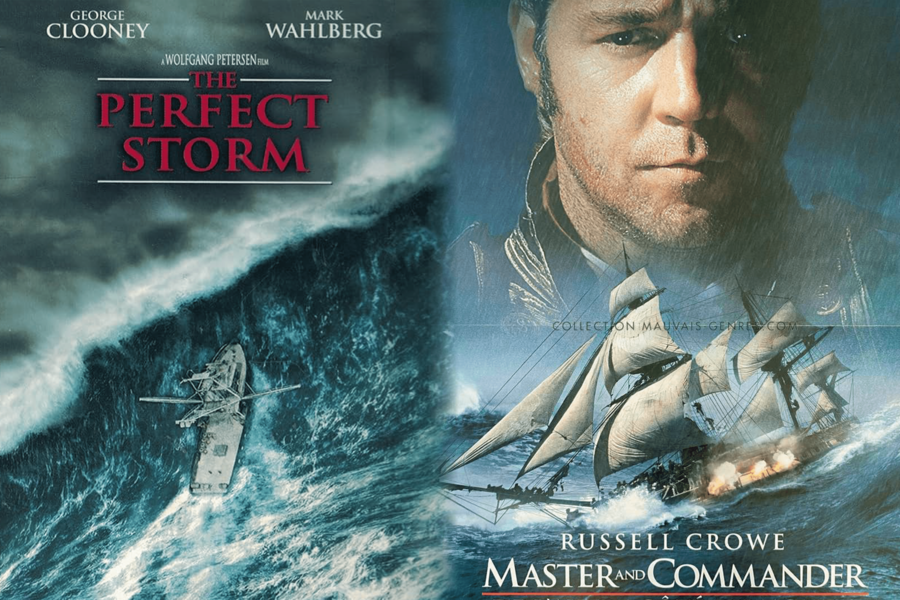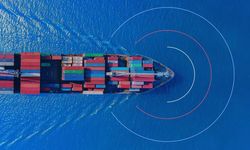What is Maritime English?
Maritime English serves as the universal language used in maritime operations across the world. Its primary function is to facilitate clear and unambiguous communication among seafarers from different linguistic backgrounds, ensuring the safety of the crew, the smooth execution of tasks, and the integrity of the vessel.
Importance of Maritime English for Seafarers
Reducing Maritime Accidents: Communication failures contribute to a significant portion of maritime accidents, with studies linking one-third of incidents to poor Maritime English. Strong language skills help reduce human errors and enhance safety on board.
Multinational Crews: With over 86% of SOLAS vessels staffed by multilingual teams, language barriers pose a serious risk. Proficiency in Maritime English ensures smooth collaboration and prevents accidents, property, and environmental damage.
Emergency Preparedness: In emergencies, effective communication can save lives. Training in Maritime English equips seafarers to respond efficiently, avoiding miscommunication that could lead to accidents or fatalities.
Enhancing Intercultural Communication: Maritime English fosters clear communication, bridging cultural gaps and improving morale and teamwork among diverse crews. It strengthens cooperation and supports a positive working environment.
Ongoing Training: Maritime English should be a continuous part of seafarer training programs. This ensures that crew members improve their language skills throughout their careers, promoting safety, efficiency, and effective navigation.
Examples of Maritime English
Maritime English encompasses specific terminology and structured communication methods to ensure clarity during operations. Below are examples of commonly used terms for different parts of a ship:
Front of ship – Bow/Fore
Propeller region – Oft/Stern
Region between the aft and bow – Midship
Left-hand side of the vessel – Port
Right-hand side of the vessel – Starboard
Ship levels – Decks
Base of the ship – Keel
Where captains and officers operate – Bridge
To further enhance clarity, Maritime English employs message markers as prefixes to statements. These markers serve as cues to indicate the nature of the message and eliminate any hesitation or confusion in high-pressure situations. Some common markers include:
INTENTION: Indicates a proposed action, e.g., “INTENTION: I will alter course to port.”
REQUEST: Signifies that assistance or a resource is needed, e.g., “REQUEST: Stand by for docking lines.”
QUESTION: Used to pose a query, e.g., “QUESTION: Is the cargo secured?”
ANSWER: Provides a clear response, e.g., “ANSWER: Yes, the cargo is secured.”
These structured phrases minimize ambiguity and ensure that every crew member can respond appropriately, reducing the likelihood of misinterpretation.
How to Master Maritime English
Learning Maritime English can be challenging for newcomers, as it introduces unique terms and structured communication. Third-party certifications are available to help aspiring seafarers build their proficiency. Governing bodies offer training programs that culminate in the Maritime Tests of English Language (MarTEI) exams. These exams, privately funded, provide certification across three grades in accordance with SMCP and International Maritime Organization (IMO) standards.
Bonus: Enhance Your Maritime English with These Movies
A recent study sheds light on how feature films can effectively support the teaching of Maritime English. According to research, two well-known films—The Perfect Storm (2000) and Master and Commander: The Far Side of the World (2003)—are rich in maritime vocabulary and could be beneficial tools in maritime English classrooms.

The Perfect Storm is particularly useful for focusing on short sequences, ideal for learning maritime communication and weather-related terminology.
Master and Commander: The Far Side of the World offers a broader range of maritime vocabulary, making it perfect for a more in-depth, whole-sequence learning experience.
These films not only engage learners but can also provide a practical way to reinforce essential vocabulary for sailors, officers, and maritime professionals.




